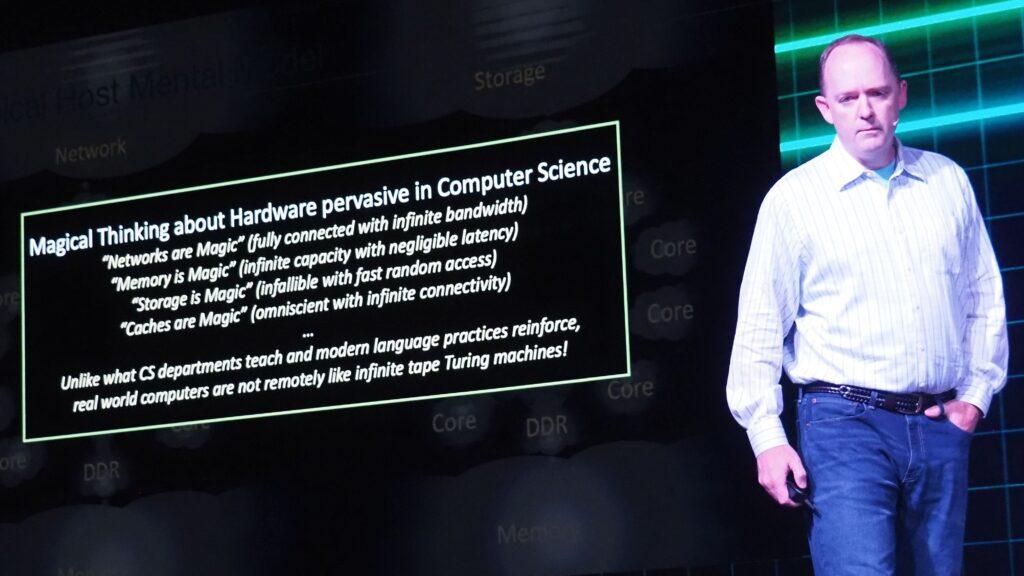Solana is ramping up testing of Firedancer, the long-awaited software upgrade that promises to significantly increase blockchain’s processing speed.
By the end of this week, Solana’s core developers want a “supermajority” of the processing power on the chain’s low-stakes test network to be running Frankendancer, an early version of Firedancer, according to messages in Solana’s technical Discord server.
The call to action for Solana’s validators — those who run the computers that power the network — marks Firedancer’s biggest test yet. The upgrade has been in the works since 2022, when the chain often wobbled, and is seen as a boost to Solana’s stability and speed.
Firedancer’s supporters believe the software – developed by trading giant Jump’s crypto arm – will give Solana an unrivaled advantage in crypto’s race to woo global financial markets to blockchains. They point to its theoretical speed: one million transactions per second, orders of magnitude faster than any blockchain-based system today.
Firedancer itself does not yet have a launch date. So far, Jump Crypto has only launched Frankendancer, which is a hybrid that combines elements of Firedancer and Solana’s dominant client architecture. Only a small subset of validators had adopted Frankendancer before this week; many told CoinDesk they found it buggy and prone to crashes.
“It’s been notoriously difficult to keep that thing alive and running, but we’ve done it,” said Kollen House, a longtime member of Solana’s validator community. He sees the new push for wider Frankendancer adoption as a sign of the software’s “maturity.”
“If you have the confidence to say, ‘Hey, we want 60% of the testnet to run this client,’ then we’re getting there,” House said.
Crypto networks like Solana are powered by hundreds of individual validators. Each of them independently runs a computer loaded with “client” software that connects them to the network. Such decentralization helps blockchains remain secure, but it makes system upgrades much more difficult to coordinate.
For years, the Solana Foundation, a non-profit that manages the network, has partially solved that coordination dilemma via grants. Its “delegation program” helps smaller validators—those who have little SOL at stake and therefore earn less revenue for their work validating the chain—remain profitable. It often entices validators to keep their software up to date by threatening to revoke the delegated share of those who fall behind on upgrades.
For the first time on Tuesday, the Solana Foundation used this grant carrot and stick to directly promote the adoption of Frankendancers. Validators only have a few days left to switch their testnet systems to the new client before they lose their delegated effort.
“At this point, it looks like they’re getting there,” said Jon, a validation operator who says he’s been running Frankendancer for several months. “About 30% of the validators on the testnet are running Frankendancer now, but still think they’re missing the supermajority.”



